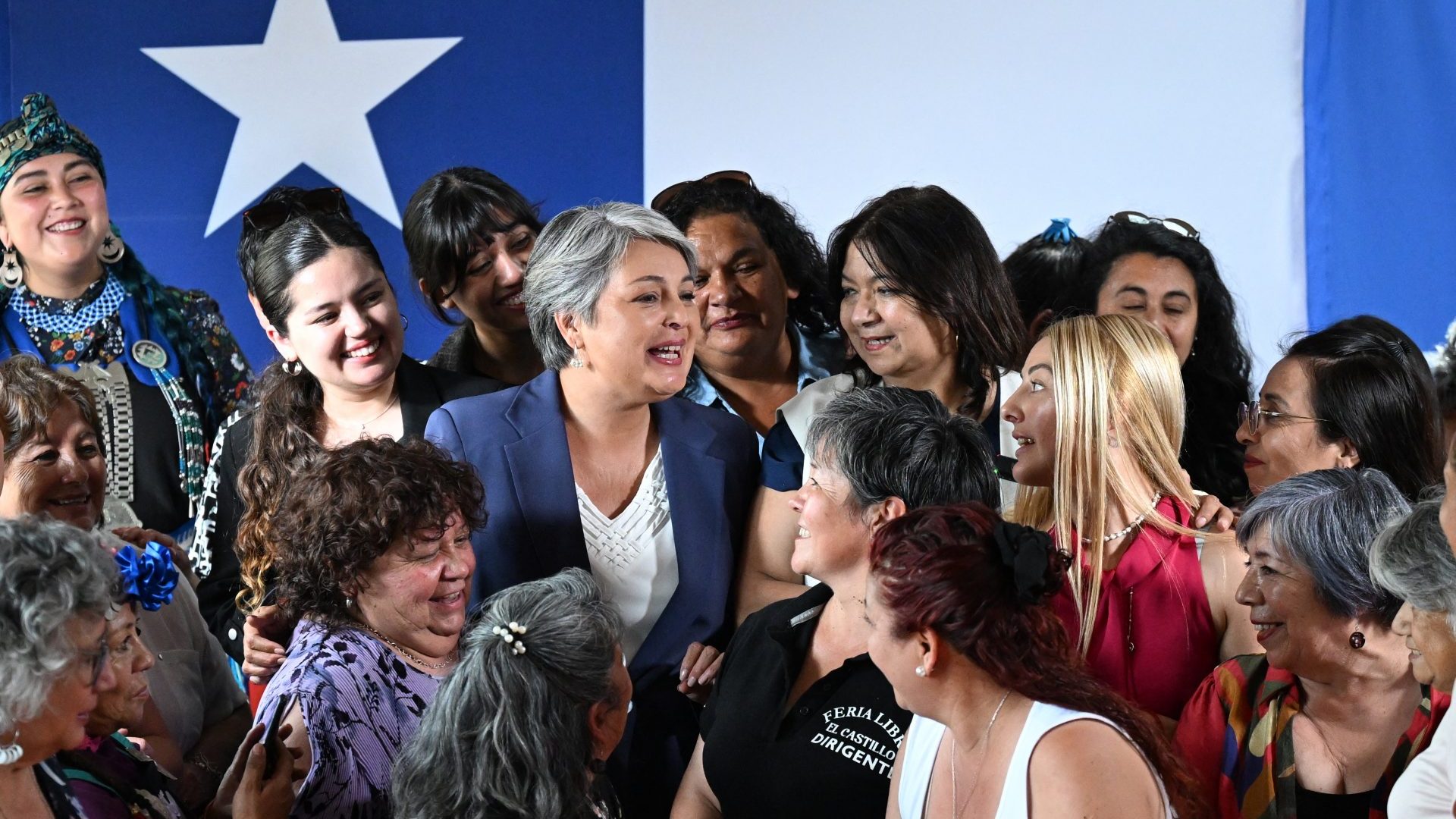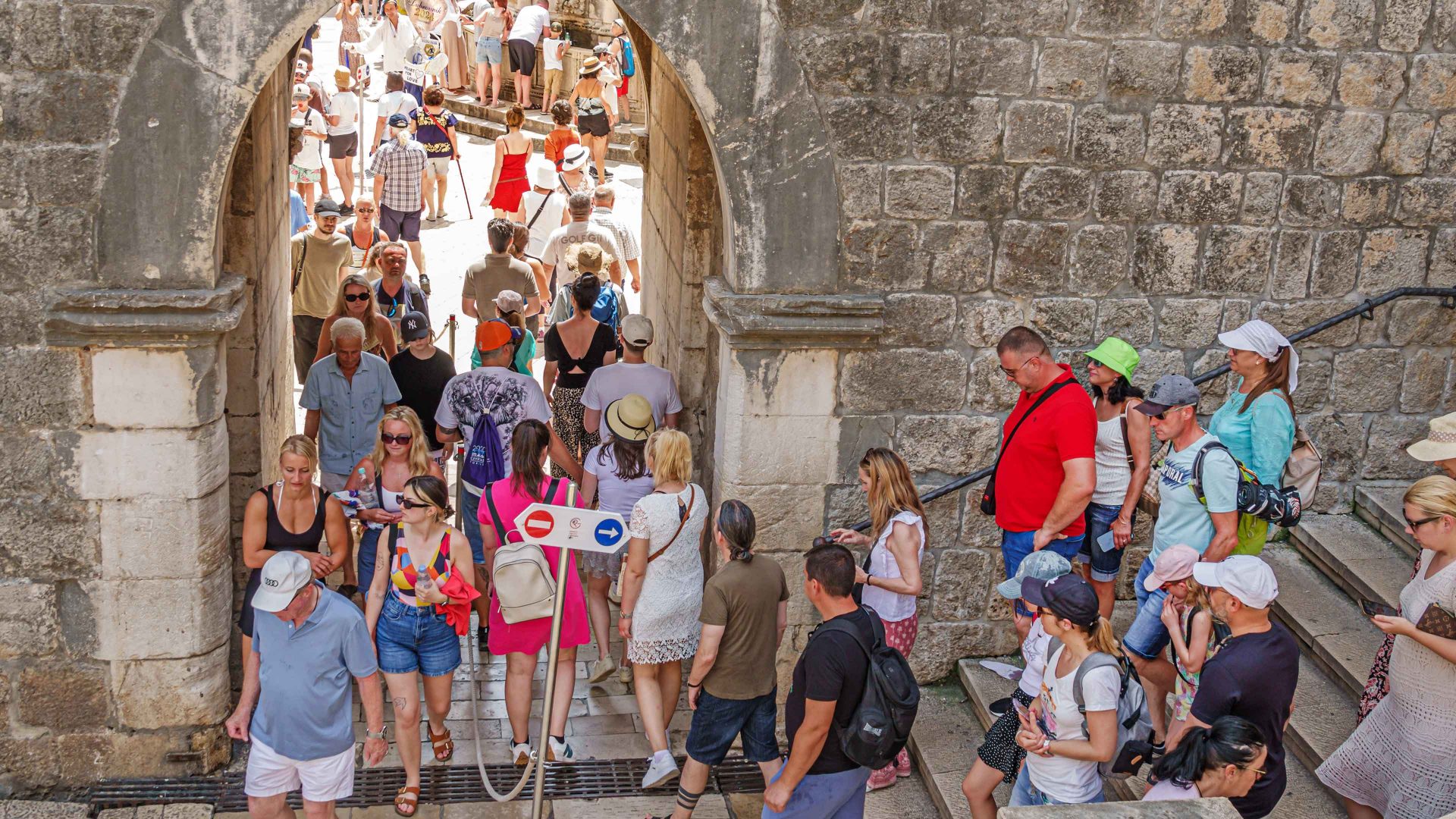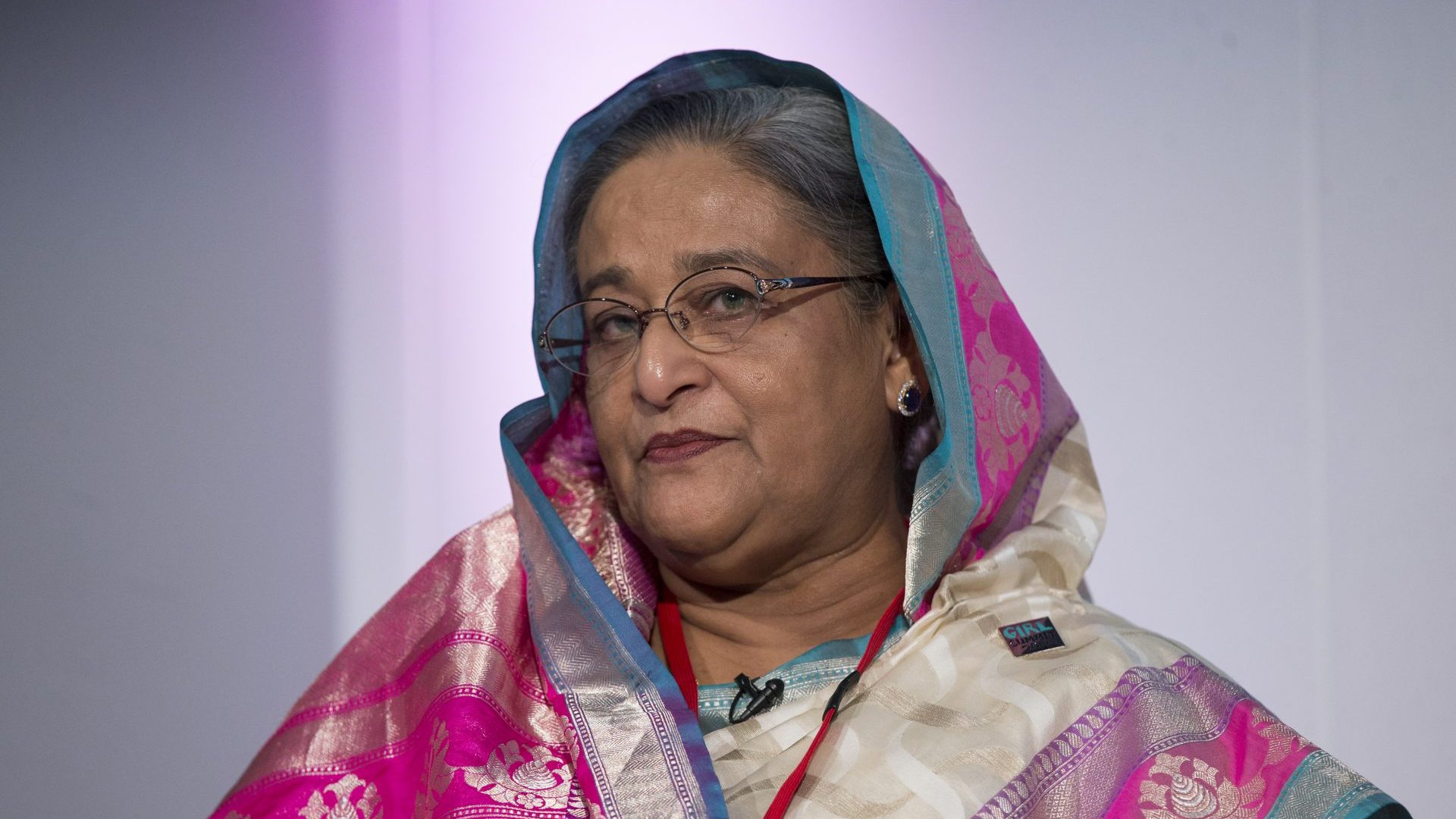Sunday’s closely fought first-round presidential vote in Chile has put a communist and an ultra-conservative lawyer on course for a run-off on December 14. It will be the region’s most polarised contest of the year.
Jeannette Jara, a Communist Party stalwart and member of the ruling coalition, edged into first place with 27%, just ahead of the hard right former lawmaker José Antonio Kast, 59, who took 24%.
Despite Jara’s narrow lead, the numbers favour Kast: nearly 70% of first-round ballots went to right wing contenders, giving the ultra-conservative a clearer path as Chile barrels towards an ideological brawl.
It’s a remarkable turn for a country that, only four years ago, elected the left wing ex-student protest leader Gabriel Borić, who had campaigned on expanding the welfare state, “burying neoliberalism”, and rewriting the Pinochet-era constitution.
But Borić’s presidency drew fire for delivering much less than promised, while a surge in organised crime has rattled the wealthy nation. Although Chile remains one of Latin America’s safest and most prosperous countries, assassinations and kidnappings have increased in number, extortion rackets have spread through northern cities and ports, and new, powerful foreign gangs have fuelled widespread insecurity.
And so voters headed into Sunday’s ballot with a familiar cocktail of concerns: crime, migration and economic discontent. In October, 63% of Chilean respondents to an Ipsos survey said that their most pressing concern was crime – that’s more than even in Mexico or Colombia.
The right has tapped into that fear, with anti-migrant rhetoric and hardline security pledges dominating messaging.
Enter Kast: proudly anti-abortion, opposed to same-sex marriage, and perpetually winking at the MAGA boys. A father of nine, whose brother was a minister during the Pinochet dictatorship and whose dad was a member of the Nazi Party, Kast has promised a security crackdown, mass deportations of undocumented migrants and new high-security prisons.
“Chile has been invaded… but this is over,” Kast said in one campaign ad – a jab at the more than half a million Venezuelans who have arrived in Chile in the past few years, part of an extraordinary exodus of 8 million people who are fleeing Venezuela’s economic collapse.
His marquee pledge? A Trump-style project dubbed Escudo Fronterizo, or Border Shield. This includes miles of trenches, barriers and walls along Chile’s northern frontier, all intended to keep migrants out.
Kast openly admires the hemisphere’s strongmen – from El Salvador’s Nayib Bukele, whose iron-fisted campaign against gangs has drawn global attention, to Brazil’s former president Jair Bolsonaro. And he’s borrowing from Argentina’s Javier Milei, vowing to shrink the state and scrap government ministries.
If Kast wins, his administration would be further to the right than any other since the Pinochet dictatorship.
“It will be the most important election of our generation, a true referendum between two models of society – the current one that has led Chile to destruction, stagnation, violence,” Kast told his supporters after learning he would be in the run-offs. “And our model, which promotes freedom, hope and progress.”
Suggested Reading

Trump goes to war
Jara, meanwhile, who served as labour minister in Borić’s current government, has tried to defang the right’s narrative by also taking up security as an issue. She proposes deporting foreigners convicted of drug trafficking, cracking down on money laundering, and beefing up border controls.
On the economic front, she supports a “living income” – around US$780 per month, she claims – through a mix of subsidies and higher minimum wages. She also vows major infrastructure investment and a housing push.
On Sunday she urged voters to not forget that Chile is a “great country”. “Don’t let fear freeze your hearts,” she said.
Chile’s drama is not isolated. Across Latin America, right wing challengers are capitalising on disillusionment with leftist governments that rose up post-pandemic on promises of social reform, but who have since struggled to deliver.
Argentina is two years into Milei’s experiment. Right wing leaders remain in power in Ecuador, El Salvador and Panama. Bolivia just snapped back to the centre right after two decades of socialist rule. Colombia and Peru could be next. Chile will now test whether that regional tide keeps rising.
Harriet Barber is a freelance journalist covering human rights abuses, migration and politics in South America



